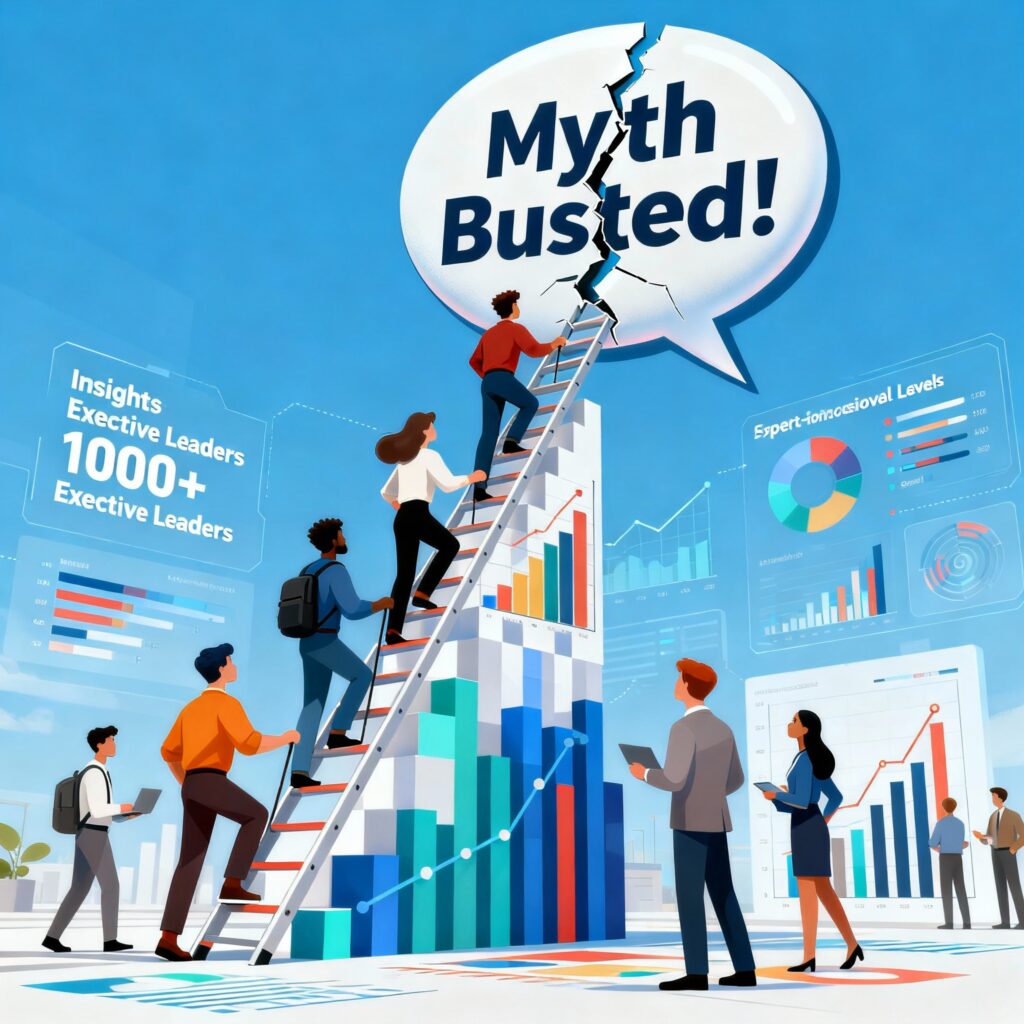Good Product Manager Bad Product Manager
Good Manager Bad Manager
A product manager is arguably the most important cog in the lifecycle of the product, the pivot that keeps all the parts functioning smoothly. How well the product addresses the need of the consumer, whether it is delivered at the right time, how the product responds to market dynamics – all of these are a function of the vision and managerial qualities of the product manager.
Thus, a good product manager leads by example, inspiring all the teams involved in the productization process towards a common vision of the complete product. Failing this, the entire process becomes disjointed, with various departments running in different silos while the core product idea becomes an unrealized dream.
What then, are the main elements that distinguish an effective, inspiring product manager from an ineffective one?
1.Core product idea: The critical characteristic of a product manager is how well he or she envisions the core product idea that will drive the product to market. A bad manager will typically not have a definite vision of the product whereas a good one will have a clearly documented concept of the product idea and its growth trajectory.2.Top-down directives: The bad manager will either hand down orders without sufficient reasoning, or is unable to give direction to the team. His reasons for adding a certain feature, or timing delivery a certain way is not shared. A good manager will lead by example. Her directives are based on shared objectives with the team, thus motivating them.
3. Management by leadership: A good manager is aware that her role is to drive the vision for the product, ensure that the core product idea is internalized and definite, and mobilize all necessary resources within the capacities and budget defined by the top management in order to ensure a responsive, timely product launch. A bad manager will end up undertaking micro activities like customer surveys, or software coding, or creating reports, instead of delegating and managing others.
4. Multi-team co-ordination: An integral part of the product manager’s role is the efficacy with which the different departments and their responsibilities in the productization process are managed. A bad manager inevitably falls apart at the seams as the pace picks up and opinions of the engineering team is at odds with the marketing team who demand more saleable features, or the finance team who put restrictions on production budgets. The bad manager is not able to take timely decisions or keep the teams happy. The good manager steps in with a firm hand, clearly imparts the core product idea and ensures that all teams have a concrete vision of the final product in terms of features, launch time, budget, and the market demand.
5. Customer focus: This is where the disparity between a good product manager and a bad one becomes most really apparent. The good manager recognizes that the product must address a core need of the customer. Each phase of the product is tested in the market and modified. A bad manager decides himself as to what product the customer wants, and projects his own ideas on the target customer, for a market that does not exist. This blinkered approach almost always results in a customer expectation – product feature gap.
6. Crisis response: A final clarifying characteristic is how well the product manager responds to a crisis. A bad manager will panic, resort to unplanned addition of features that might take the organization to bankruptcy. A bad manager may even try to bail out of the situation by assigning blame to others for the failure of the product. A good product manager will take ownership, analyze the cause of failure to take proactive action, and will usually have a contingency clause built into the core product concept that allows for modification and re-launch. Even in a scenario where the product has failed, the product manager is able to take hard decisions whether to modify or recall the product, and will carry out surveys to file away lessons for the next time.
The product manager wears many hats but in the end he or she has to remember that the direction of the entire productization lifecycle depends on how well the different elements, processes and functions are managed. Being an expert in human psychology, while being responsible for the conceptualization and delivery of a product into the capricious markets is not easy – but that’s precisely where a good manager rises like a Phoenix – above the ashes of a bad one.




